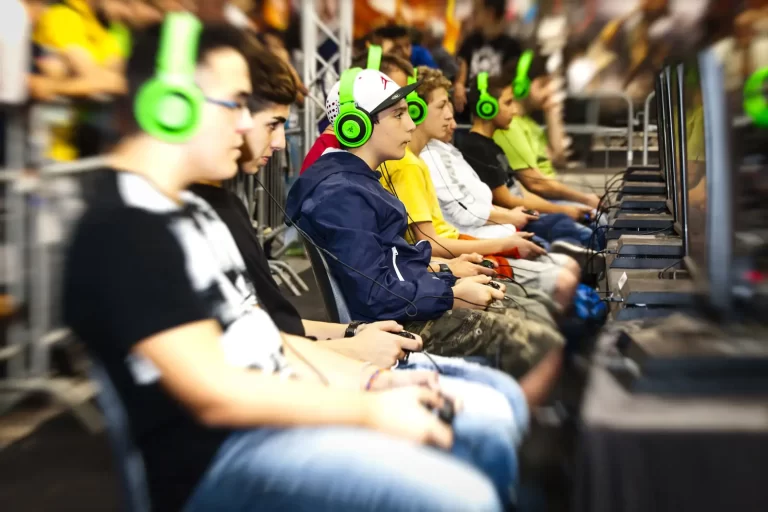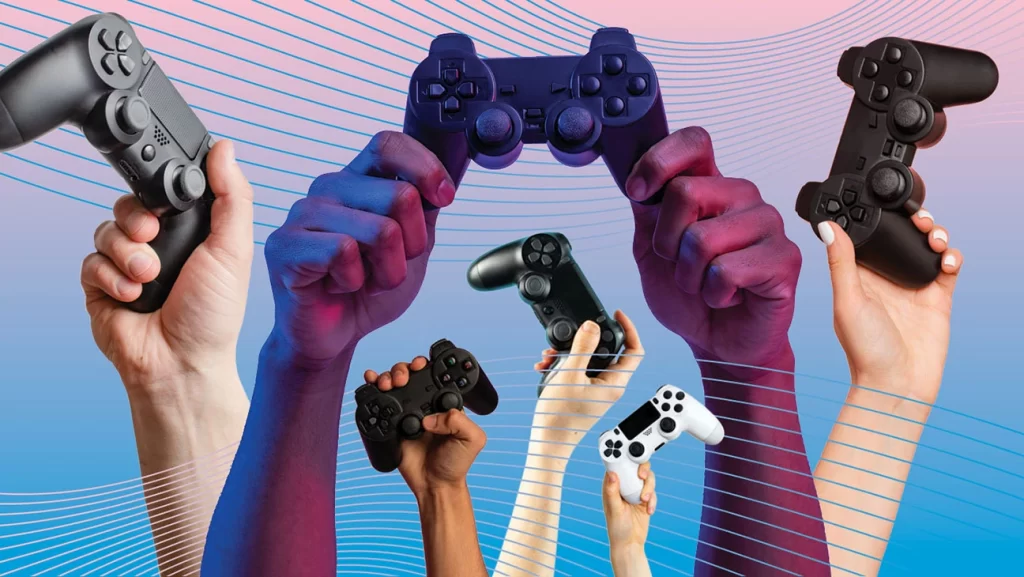In the competitive realm of gaming, skill has traditionally been the defining metric of success. Yet, as games evolve into more sophisticated ecosystems, a shadowy allure entices players to bypass the grind: invisible gaming cheats. These covert tools promise power and dominance, but at what cost? Invisible cheats, often cloaked under the radar of anti-cheat software, have risen to infamy in gaming communities. Unlike overt hacks that blatantly warp gameplay, these cheats operate subtly, enhancing a player’s performance without drawing immediate suspicion. Wallhacks that reveal enemy positions, aim-assists that nudge crosshairs just enough, or scripts automating complex maneuvers these invisible aids are designed to blend seamlessly into gameplay. For many, their appeal lies in the illusion of genuine mastery. But why do players resort to such methods? For some, it is the frustration of hitting skill ceilings in games with steep learning curves.
Grinding for proficiency, particularly in titles with competitive rankings, demands countless hours and relentless practice. Cheating offers a shortcut a way to leapfrog over obstacles and claim victory without the effort. Others are driven by the pressure to keep up in hyper-competitive environments where even minor disadvantages can feel insurmountable. The culture of instant gratification in gaming also plays a role. Modern players, eft arena cheats accustomed to immediate rewards in mobile and casual games, may struggle with delayed gratification in hardcore titles. Cheats become an appealing option, offering immediate results that feel satisfying in the moment, even if they undermine the spirit of fair play. However, the consequences of such actions ripple far beyond individual players. The use of invisible cheats erodes trust within gaming communities. Fair players often grow disillusioned, questioning the legitimacy of opponents’ skills and losing faith in the competitive integrity of their favorite games.
Developers, meanwhile, invest significant resources into anti-cheat systems, creating a cat-and-mouse game where cheats evolve as quickly as countermeasures. Moreover, the psychological toll on cheaters themselves is worth noting. Victory achieved through dishonesty often feels hollow. The anxiety of being caught and the lack of true satisfaction can turn fleeting triumphs into long-term regrets. For some, the realization of their actions leads to a loss of connection with the very games they once loved. In the end, the allure of invisible gaming cheats is a stark reflection of modern gaming’s challenges: the demand for instant success, the pressures of competition, and the ever-present temptation to take the easy way out. But true mastery, earned through dedication and effort, remains the ultimate prize one no cheat can replicate.








 Melissa cannot do her family errands since her experiences episodes of migraines, temperament swings, muscle hurts, hot and cold flushes consistently. Then again Tiffany quite often awakens in the night abruptly wheezing for breath, feeling terrified and encountering night fear. While at work, Cindy frequently goes to the washroom. This condition influences one of every four grown-ups. It influences a larger number of ladies than men. Furthermore, for the most part happens among puberty and early adulthood. A great many people with alarm problem feel chest snugness and covering sensations. They feel a dread of approaching destruction and feeling of illusion. They over and again land in trauma centers various occasions before they can get the right findings. Assuming you live in a far off region where you do not approach advisors or experts you can benefit of the downloadable fit of anxiety end programs in the market today.
Melissa cannot do her family errands since her experiences episodes of migraines, temperament swings, muscle hurts, hot and cold flushes consistently. Then again Tiffany quite often awakens in the night abruptly wheezing for breath, feeling terrified and encountering night fear. While at work, Cindy frequently goes to the washroom. This condition influences one of every four grown-ups. It influences a larger number of ladies than men. Furthermore, for the most part happens among puberty and early adulthood. A great many people with alarm problem feel chest snugness and covering sensations. They feel a dread of approaching destruction and feeling of illusion. They over and again land in trauma centers various occasions before they can get the right findings. Assuming you live in a far off region where you do not approach advisors or experts you can benefit of the downloadable fit of anxiety end programs in the market today.
